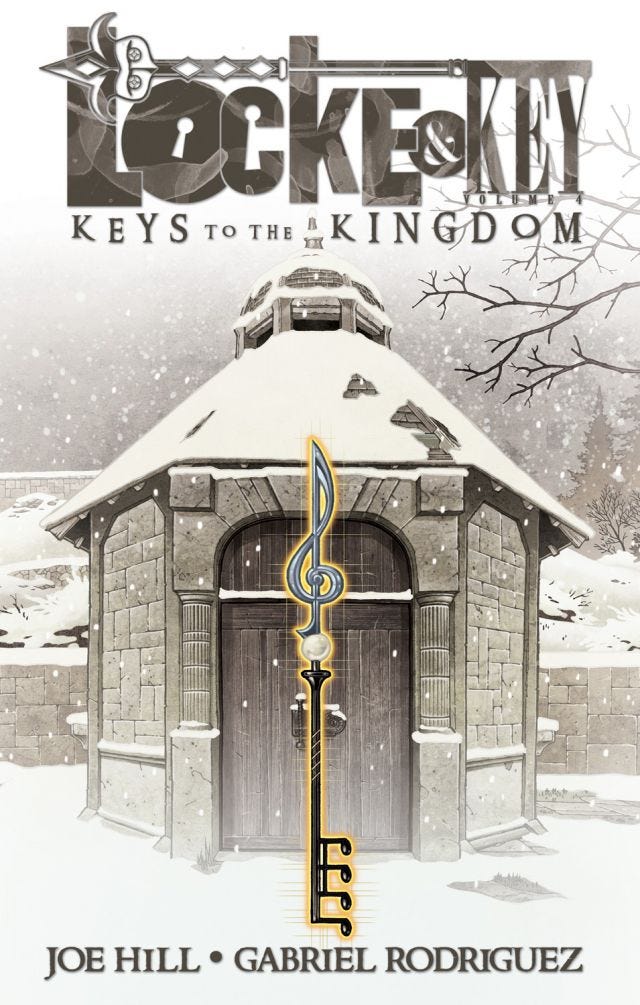So What, Who Cares (vol 1, issue 32) How you can follow the Millennials' money

Two very different stories ask how Millennials spend their money and they come to the same conclusion: Today's newest adult cohort is already thinking about how they're going to change the world, and they figure that every time they spend a dollar, they're casting a vote for how they want the world to be. If you're a brand, that means that Millennials will happily incorporate you into their personal identity -- until the moment you no longer strike them as authentic. If you're a philanthropic endeavor, that tie between how someone spends their money and who they are is going to be your strongest sales pitch in getting them to donate time or money.
So what? They may be grappling with a delay into adulthood, but Millennials do count as a significant population cohort in the U.S. -- 77 million, the same size as the Baby Boomers -- and so their preferences for spending money are going to be driving everything from user interfaces (the CEO of Charity: Water noted that he pushes for a streamlined donation experience precisely because Millennials don't have the patience for endless donation forms) to the nature of ad campaigns.
Who cares? No generation exists in a void -- the marketing sensibilities that were once tailored to older cohorts like Generation X (skeptical and very value-oriented) and the Baby Boomers (demanding and in denial of aging) are going to ease out of "mainstream" culture and into more age-specific product categories. The nature of marketing will continue to change rapidly -- the money goes where the customers should be -- and we're already seeing indications of that in print media.
*
Evernote had its annual user conference at the beginning of the month, and at the time, the big stories coming out of it were: They Mythbusters were there! There's a chat platform coming because you don't have enough ways to pester your friends and coworkers now! Business users sure do love to spend money on the company!
Going mostly unnoticed was "Context," a feature that is positioned as the research tool you never knew you needed. Ostensibly, Context will go through the archives of Evernote's content partners -- The Wall Street Journal, LinkedIn, TechCrunch, CrunchBase, Fast Company, Inc. Magazine, PandoDaily -- and produce the articles that are relevant to whatever you're working on.
So what? While Evernote is careful to say that it won't share your personal information with a third party, there's nothing stopping it from compiling data on how often users incorporate the new, suggested content into their notebooks or how often they share. This data -- generated by users -- can then be used as a company asset. In the current user model for Evernote, the tool's usefulness in knowledge management rises or falls on the quality of the digital assets the user selected on her own. "Context," also manages to simultaneously invert and expand that workflow.
Who cares? This is an interesting move for a few reasons. First, Evernote has worked really well on a freemium model -- you can use the service for free, but for less than $50 a year, you get a crazy amount of storage plus great integration with tools like Feedly -- and if it's now offering access to content providers who are generally very tight with the paid vs. free content, the lure of paying for access is compelling.
Second, Evernote is social in one sense: You can share notebooks either with the world or with select users. By offering its users access to different content providers, Evernote's introduced a new dimension to social media as a means of building traffic.
Finally, going by the, Evernote knows it's got a user base that strongly identifies with the brand. (Hey! Just like the Millennials!) It will be interesting to see how much of this base asks whether they can see some of the data that Context will enable Evernote to harvest -- or if the user experience around Context will only make users fall more deeply in love or turn into another U2-album-on-iPhones scene.
*

Your pop-culture note of the day: If you'd like some scary reading before Halloween, I highly recommend begging, borrowing, stealing or perhaps even buying Locke and Key, the limited-run comic series written by Joe Hill and illustrated by Gabriel Rodriguez. As the story unfolds over six trade paperbacks, it mashes all sorts of horror-trope buttons, including but not limited to: demons from another dimension; crazy teenagers with guns; the ability to pop off the top of another person's head and go messing around with their memories; dark conspiracies perpetuated by teenagers, and so on. Joe Hill is Stephen King's son and the series' climax is definitely a tongue-in-cheek homage to Carrie as well as a wry commentary on how the horror of that story's climax has been blunted by countless glib pop-culture references.
Anyway, this series is riveting and you should absolutely read it, except if it's really late at night and you're home alone and you have an overactive imagination. Not that I speak from experience.
*
Do you have any standard scary reading or viewing before All Hallows' Eve? Share your recommendations with me via email or Twitter. Always let me know what you think about So What, Who Cares? If you really like it, tell a friend to subscribe.
Miss an issue? You can check the archive here.

